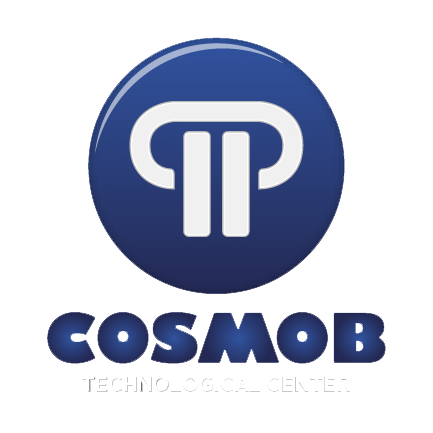While there is a growing need to reduce waste and environmental emissions, there is a proliferation of initiatives inspired by the principles of the circular economy by institutions, companies, production districts and organizations increasingly committed to accelerating the processes of transition to the model of the circular economy.
Circular economy for the competitiveness of the Made in Italy sectors: the GIOTTO project
The efficient use of resources and the adoption of innovative and circular business models in a context of scarcity of resources is one of the main factors of competitiveness of companies for a sustainable profitability.
The attention to these aspects combined with factors such as reliability and constant analysis of quality are some of the elements that companies producing Made in Italy products must consider to face the new challenges of the globalization.
The environmental impact of products is currently a priority for national, european and international markets: this attention is further confirmed by the growing sensitivity of the customers themselves towards the choice of innovative and high environmental performance products.
In the light of this scenario, it is necessary to redefine the process of realization of the products focusing on sustainable design, taking into account all the phases of the PLC (Product Life Cycle).
Sustainability combined with design is one of the most innovative design approaches: more and more today we talk about Eco Design and Life Cycle Design.
In this context, the GIOTTO project, of which COSMOB is a partner, aims to orient companies and their production processes towards an innovative approach aimed at reducing the environmental impact of products throughout their entire life cycle, from the extraction of raw materials to the production, distribution, use and management of waste, through the measurement of product circularity.
This process is easier to implement if companies, especially SMEs, can obtained a competitive advantage on the market (with consequent positive effects in terms of turnover and employment) as evidence of the efforts and actions taken to reduce the impact on the environment.
The analysis of the Made in Italy sectors has shown how they can be considered as virtuous and green, showing over time an increasing eco-efficiency, which results in the decline in the production of waste and the increase in the propensity to start them in the supply chains of recovery, especially of matter.
It is clear that Made in Italy companies are moving towards the search for innovative solutions and are oriented to undertake paths oriented to the implementation of circular approaches.
For information
Giovanni Tosi
R&D Department Manager – Research Center
giovanni.tosi@cosmob.it








